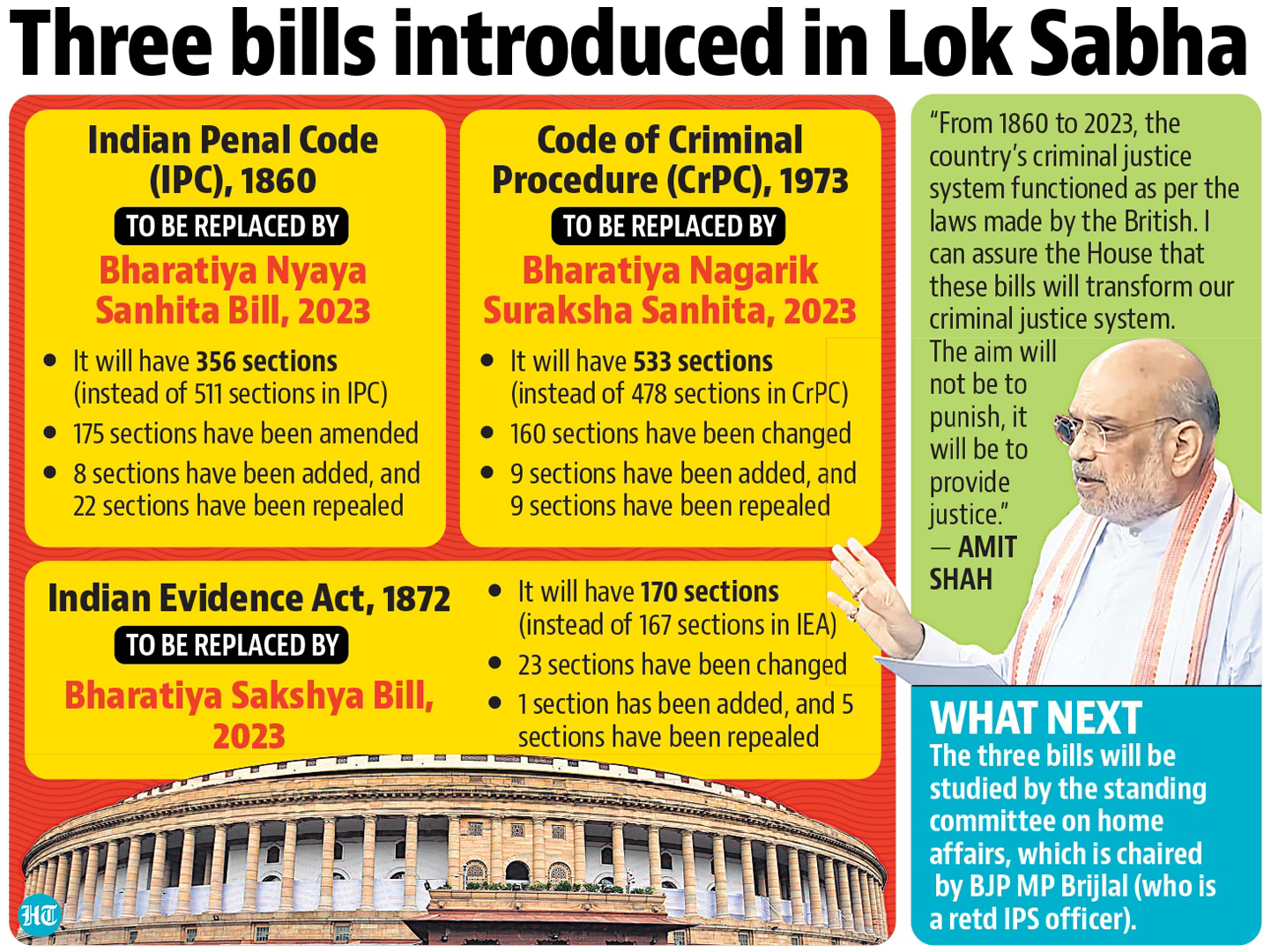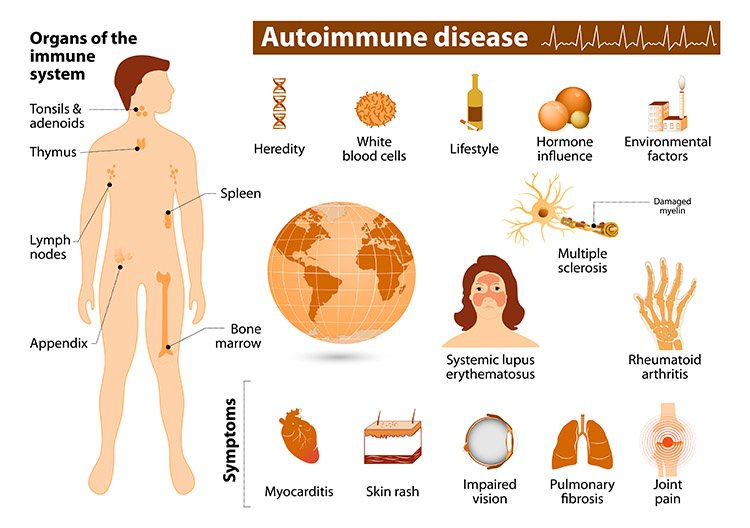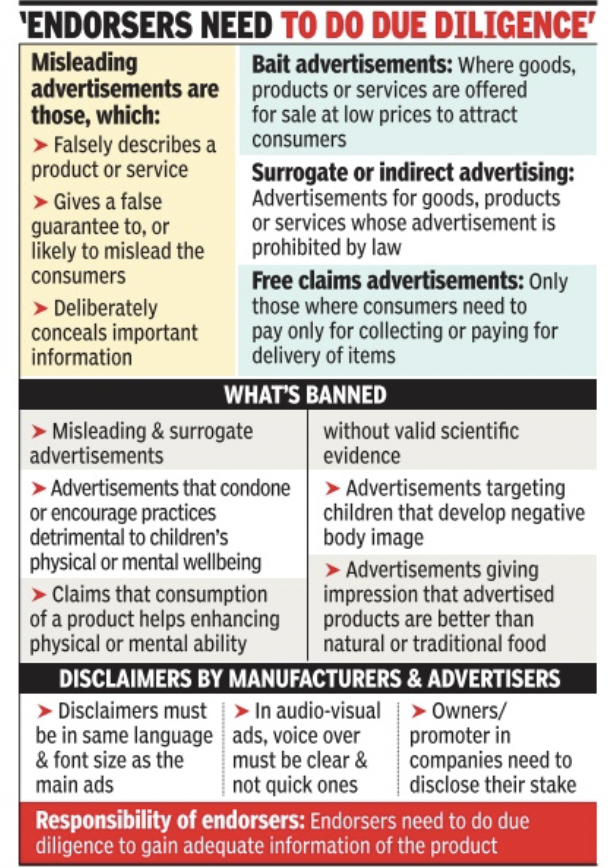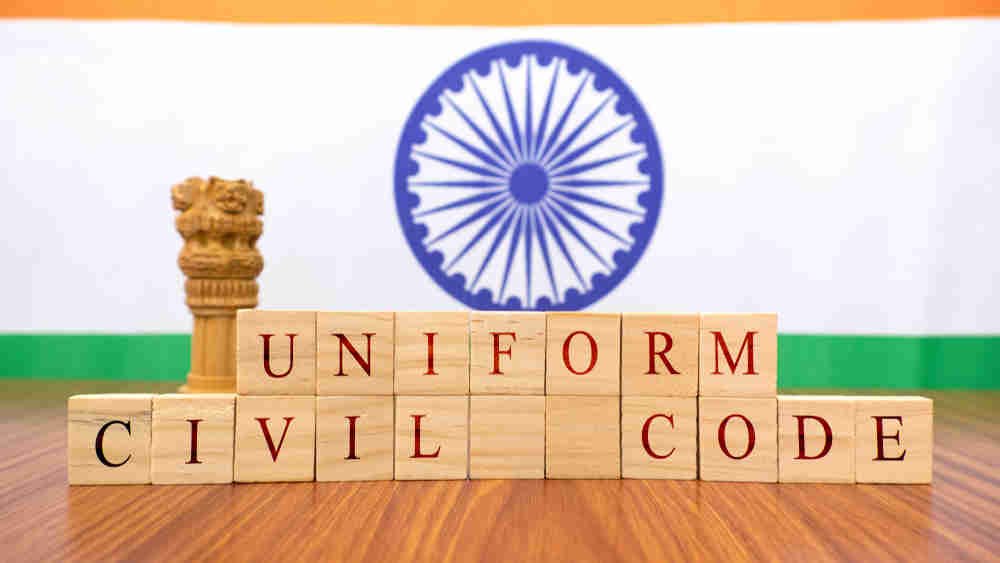
Bharatiya Nagarik Suraksha Sanhita (BNSS), 2023
Subscribers of "Current Affairs" course can Download Daily Current Affairs in PDF/DOC
Subscribe to Never Miss an Important Update! Assured Discounts on New Products!
Must Join PMF IAS Telegram Channel & PMF IAS History Telegram Channel
- Context (PRS I IE): The reformed Bharatiya Nagarik Suraksha Sanhita will replace the Code of Criminal Procedure (CrPC). It retains most of the provisions of the CrPC.
The Three Criminal Law Bills
- The Bharatiya Nyaya Sanhita 2023
- The Bharatiya Nagarik Suraksha Sanhita 2023
- The Bharatiya Sakshhya Bill 2023
- These bills will replace the
- Indian Penal Code 1860
- Code of Criminal Procedure 1973
- Indian Evidence Act 1872
- The Bharatiya Nyaya Sanhita (BNS) largely retains the provisions of the IPC, adds some new offences, removes offences that have been struck down by courts, & increases penalties for several offences.

Need for new bills
- The current laws were drafted during colonial times and contain archaic language.
- Some concepts do not accurately reflect current social norms and values.
- The laws have become complex over time, leading to confusion among legal practitioners, law enforcement agencies, and the general public.
- The Parliamentary Standing Committee in its 111th and 128th reports had also highlighted the need for reforms in criminal laws.
- They lacked participation from the Indian populace and imposed foreign ideas and values.
- Changing Norms: The evolving societal perceptions. For e.g. the transition of attempted suicide from a criminal offense to a recognized mental health issue under Mental Health Care Act, 2017.
About CrPC
- The CrPC 1973 was a procedural law established to administer the Indian Penal Code, 1860 (IPC).
- It governs the procedure for investigation, arrest, prosecution, and bail for offences.
- It was first passed in 1861 to address the problem of the diversity of legal systems in India.
- It has been revised on multiple occasions.
Key Features of the Act (CrPC)
-
Separation of offences
- The CrPC classifies offences into two categories: cognisable and non-cognisable.
- Cognisable offences are those in which the police can arrest and initiate an investigation without a warrant.
- Non-cognisable offences require a warrant and, in some cases, a complaint by the victim or a third party.
-
Nature of offences
- The CrPC deals with various criminal offences, ranging from traffic violations to murder.
- It distinguishes between bailable and non-bailable offences, specifying the offences for which an accused has the right to bail from police custody.
Committees for reform of criminal laws
- Malimath committee (2003) recommended that the victim be allowed to participate in cases involving serious crimes and be given adequate compensation.
- Justice Verma panel (2013): It was formed to ensure quicker trial and enhanced punishment for criminals accused of committing sexual assault against women (Nirbhaya Case).
- Ranbir Singh committee (2020): It was formed in 2020 to review three codes of criminal law
- Indian Penal Code (IPC), 1860
- Code of Criminal Procedure (CrPC), 1973 and
- Indian Evidence Act, 1872.
Provisions of Bharatiya Nagarik Suraksha Sanhita (BNSS)
Detention of undertrials
- CrPC: If an accused has spent half of the maximum period of imprisonment in detention, he must be released on a personal bond. This does not apply to offences punishable by death.
- The BNSS adds that this provision will also not apply to
- Offences punishable by life imprisonment.
- Persons against whom proceedings are pending in more than one offence.
Detention by police
- The BNSS adds provisions for police to detain or remove any person resisting, refusing, ignoring, or disregarding directions given as part of preventive action.
- The term “Judicial magistrate” has been replaced by “Magistrate”. (Magistrates are under the direct control of the government).
Medical examination
- The CrPC allowed medical examination of the accused in some instances, including rape cases, on the request of at least a sub-inspector level police officer.
- The BNSS provides that any police officer can request such an examination.
Forensic investigation
- The BNSS mandates forensic investigation for offences punishable with at least seven years of imprisonment. If a state does not have a forensics facility, it shall utilise it in another state.
Signatures and finger impressions
- The CrPC empowered a Magistrate to order any person to provide specimen signatures/handwriting.
- The BNSS expands this to include finger impressions and voice samples.
- It allows these samples to be collected from someone not arrested.
Hierarchy of Courts
- The CrPC establishes a hierarchy of courts for adjudicating criminal matters in India and empowers the state governments to notify any city or town with a population of more than one million as a metropolitan area and have Metropolitan Magistrates.
- The BNSS removes the classification of metropolitan areas and Metropolitan Magistrates.
Greater use of technology
- Digitization of complete process starting from registration of FIR to maintenance of Case Diary to filing of Charge sheet and delivery of Judgment.
- The complete trial, including cross-examination, will be facilitated via video conferencing.
- Videography while recording statements of victims of sexual crimes is made mandatory.
- The search and seizure of articles and properties, a forensic expert’s visit to a crime scene, and recording statements shall be audio-videographed, preferably on a mobile phone.
- Videography of vehicles seized for involvement in any offence is mandatory.
- The name and address of an arrested accused and the nature of the offence will be maintained by a designated officer in each police station and district. They shall be “prominently displayed” in digital mode in every police station and district headquarters.
Zero FIR
- A formal provision (Section 230) has been introduced to ensure that a copy of the FIR is made available to the accused and the victim free of cost and within fourteen days from the date of production or appearance of the accused.
- The Bill also permits the filing of a Zero FIR from any part of the country.
|
Use of handcuffs
- A police officer may be permitted to use handcuffs while arresting a person if he is a
- Habitual, repeat offender who escaped from custody
- Has committed an organised crime, terrorist act,
- Drug-related crime, illegal possession of arms,
- Murder, rape, acid attack, counterfeit currency,
- Human trafficking, a sexual offence against children or
- Offences against the state.
Mercy petitions
- There is a provision on procedures for the timeframe to file mercy petitions in death sentence cases.
- After being informed by jail authorities about the disposal of the petition of a convict sentenced to death, he or his legal heir or relative can submit a mercy petition to the Governor within 30 days.
- If rejected, the person can petition the President within 60 days.
- No appeal against the order of the President shall lie in any court.
- Governor’s orders under Article 161 are also unappealable, broadening the scope of what cannot be challenged.
Commutation of offences
- The scope of summary trials was expanded to offences punishable up to 3 years (which will reduce 40% of cases in Sessions courts).
- Punishment of the death penalty can, at max, be commuted to a life term.
- Punishment of a life term may, at max, be commuted to 7 years imprisonment and
- Punishment of 7 years may be commuted to 3 years imprisonment and no less.
Specific safeguards
- Section 41A of CrPC, which has safeguards against arrests — will get a new number, Section 35.
- No person can be arrested without prior permission of an officer, not below the rank of a deputy SP, in cases where the offence is punishable with less than three years or if the person is above 60.
- In cognisable cases where the offence attracts 3-7 years, the police officer will conduct a preliminary inquiry to ascertain whether a prima facie case exists to proceed within 14 days.
Sanction to prosecute
- The government must decide to grant or reject sanction to prosecute a public servant within 120 days of receiving a request.
- If the government fails to do so, the sanction will be deemed to have been accorded.
- No sanction is required in cases including sexual offences, trafficking, etc.
Arms in procession
- Section 144A of the CrPC gave the district magistrate the power to prohibit carrying arms in any procession, mass drill or mass training to preserve public peace.
- BNSS retains the provisions granting powers to the DM to pass orders in urgent cases of nuisance or apprehended danger.
- The provision to prohibit carrying arms is not mentioned in BNSS.
In-absentia trial introduced
- It is prescribed in stringent anti-terror legislation such as the Unlawful Activities (Prevention) Act (UAPA), where an alternative criminal law framework applies.
- In such laws, the burden of proof is reversed, with the onus on the accused to prove himself not guilty rather than the state carrying the duty to prove guilt against the accused.
Community service
- BNSS defines “community service” as work that the Court may order a convict to perform as a form of punishment that benefits the community, for which he shall not be entitled to any remuneration.
- Adds community service as punishment for unlawfully engaging public servants in trade and non-appearance in response to a proclamation under Section 84.
Significance of the BNSS Bill
- Electronic FIR introduced
- Preliminary Inquiry introduced in offences punishable from 3 years to less than seven years
- Meaning of bail has been simplified throughout the BNSS
- First-time undertrial is provided early release on bail
- Bail in acquittal cases simplified
- First-time offenders to be given relaxed punishment (one-fourth and one-sixth of such punishment) in plea bargaining
- Witness protection scheme introduced
- Provision for not more than two adjournments introduced
Speedy Legal Procedure
- According to the proposed Bill, a charge sheet must be filed within 90 days, and the court can permit another 90 days.
- The probe must be completed in 180 days and sent for trial.
- After trial, judgment will have to be given in 30 days.
- Courts are to finish framing charges within 60 days of receiving the charge sheet.
- Judgment to be mandatorily delivered within 30 days after the conclusion of the hearing.
- Judgment to be mandatorily made available online within seven days of pronouncement.
Key Issues And Analysis
The procedure of police custody altered
- The IC and CrPC prohibit detention in police custody beyond 24 hours, extendable up to 15 days if the investigation cannot be completed within 24 hours.
- Magistrate may extend judicial custody beyond 15 days if he is satisfied that adequate grounds exist.
- However, detention cannot exceed 60 or 90 days (depending on the offence).
- The BNSS modifies this procedure and adds that the police custody of 15 days can be authorised in whole or in parts at any time during the initial 40 or 60 days out of the 60 or 90 days period.
- The BNSS does not require the investigating officer to provide reasons when seeking police custody for someone in judicial custody.
- This could lead to bail being denied during this period if the police argue they must take the person back in police custody.
- This differs from laws like the Unlawful Activities (Prevention) Act of 1976, where police custody is limited to the first 30 days.
- The SC has held that, as a general rule, police custody should be taken in the first 15 days of remand. The extension of 40 or 60 days should be utilised as an exception.
The power to use handcuffs may infringe on the accused’s personal liberty
- The BNSS provides for the use of handcuffs during arrest. The provision contravenes the judgements of the SC and guidelines of the NHRC.
- The SC has held that the use of handcuffs is inhumane, unreasonable, arbitrary, and repugnant to Article 21. In extreme cases, the escorting authority must record reasons to do so.
- No trial prisoners can be handcuffed without obtaining judicial consent. The SC has left the discretion to decide the use of handcuffs on the trial court
- The Standing Committee (2023) recommended excluding economic offences from the offences where handcuffs may be used. The BNSS has removed this category.
The scope of mandatory bail is limited in case of multiple charges
- The BNSS retains most of the provision (Detention of undertrials) and adds that first-time offenders get bail after serving one-third of the maximum sentence.
- However, it adds that this provision will not apply to (i) offences punishable by life imprisonment and (ii) where an investigation in more than one offence or multiple cases is pending.
- Since chargesheets often list multiple offences, this may make many undertrial prisoners ineligible for mandatory bail.
- In 2014, the SC held that illegal mining constitutes an offence under the Mines and Minerals (Development and Regulations) Act, 1957, and also qualifies as theft under the IPC.
- Similarly, rash/dangerous driving is punishable under the Motor Vehicles Act 1988 and the IPC.
- The SC has held that bail is the rule and incarceration is the exception. The undertrial prisoners, especially the poor who can not furnish bail, should be released at the earliest.
|
The scope for plea bargaining may be limited
- The BNSS retains the provisions related to Plea bargaining. This limits plea bargaining in India to sentence bargaining, that is, getting a lighter sentence in exchange for the accused’s guilty plea.
- BNSS stipulates that the accused must apply to plea bargaining within 30 days from the charge’s framing date. This time limit can impact the effectiveness of plea bargaining by limiting the opportunity for seeking a reduced sentence.
|
Congestion in the prison system
- Restricting bail and limiting the scope for plea bargaining could deter the decongesting of prisons.
- As of 2021, India’s prisons housed ~5.5 lakh prisoners, with an overall occupancy rate of 130%.
- In 2021, under-trials constituted 77% of the total prisoners in India.
- Approximately 30% of under-trial prisoners were in detention for a year or more.
- About 8% of under-trial prisoners were in detention for three years or more.
Safeguards on attachment of property
- Property derived or obtained, directly or indirectly, as a result of criminal activity is referred to as proceeds of crime.
- The CrPC allows police to seize property when it is (i) alleged or suspected to have been stolen or (ii) found under circumstances creating suspicion of commission of any offence.
- This applies only to movable properties.
- The BNSS extends this to immovable properties as well.
- The BNSS does not provide a time limit for which property can be attached.
- Provisions on treating seized property in BNSS differ from those in the Prevention of Money Laundering Act, 2002 (PMLA).
PMLA
|
Data collection for criminal identification
- BNSS provides for data collection and criminal identification, similar to The Criminal Procedure (Identification) Act of 2022, allowing a broader range of data, including fingerprints, handwriting, and biological samples.
- The constitutional validity of the 2022 Act is under consideration before the Delhi High Court.
Public order functions retained in BNSS
- The CrPC provided the procedure for the investigation and trial of offences.
- The BNSS has retained these provisions.
- Trial procedure and maintenance of public order are distinct functions; the question is whether they should be included under the same law or if they should be dealt with separately.
- As per the Seventh Schedule of the IC, public order is a state subject. However, matters under the CrPC fall under the Concurrent List.
Electronic mode
- BNSS emphasises the use of electronic modes for recording statements of the accused and simultaneously calls for their signatures on the recorded statement.
- This may not serve the purpose of permitting electronic recording.
Clarity
- While bail has been defined in BNSS, there is still no clarity on the factors that a court should consider while granting bail in non-bailable offences.
- Section 484 mentions that “bail may be granted if the court deems fit,” which is vague and could lead to arbitrariness.
- While the remand issue is clarified, the Bill still does not define transit bail.





![PMF IAS Environment for UPSC 2022-23 [paperback] PMF IAS [Nov 30, 2021]…](https://pmfias.b-cdn.net/wp-content/uploads/2024/04/pmfiasenvironmentforupsc2022-23paperbackpmfiasnov302021.jpg)











